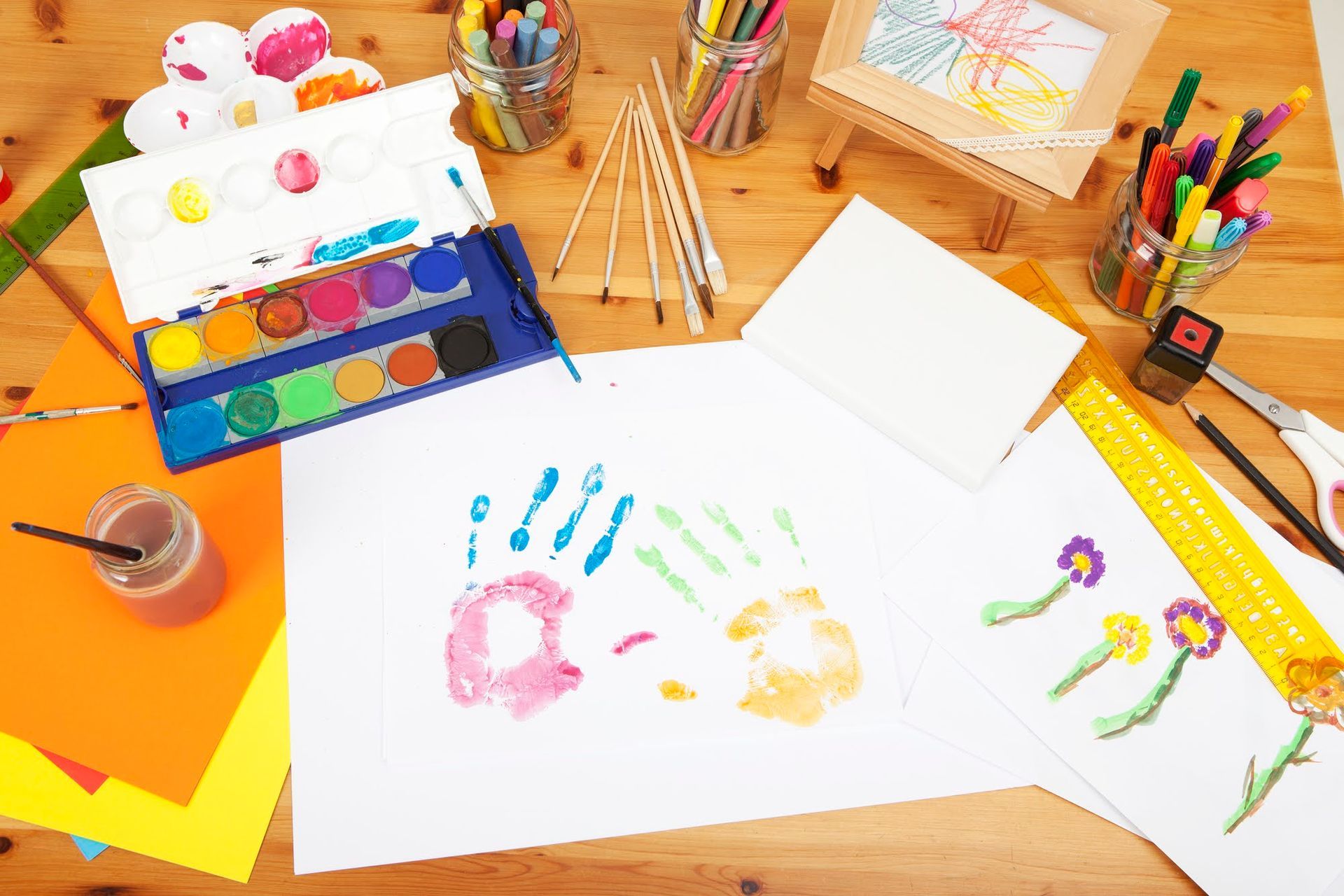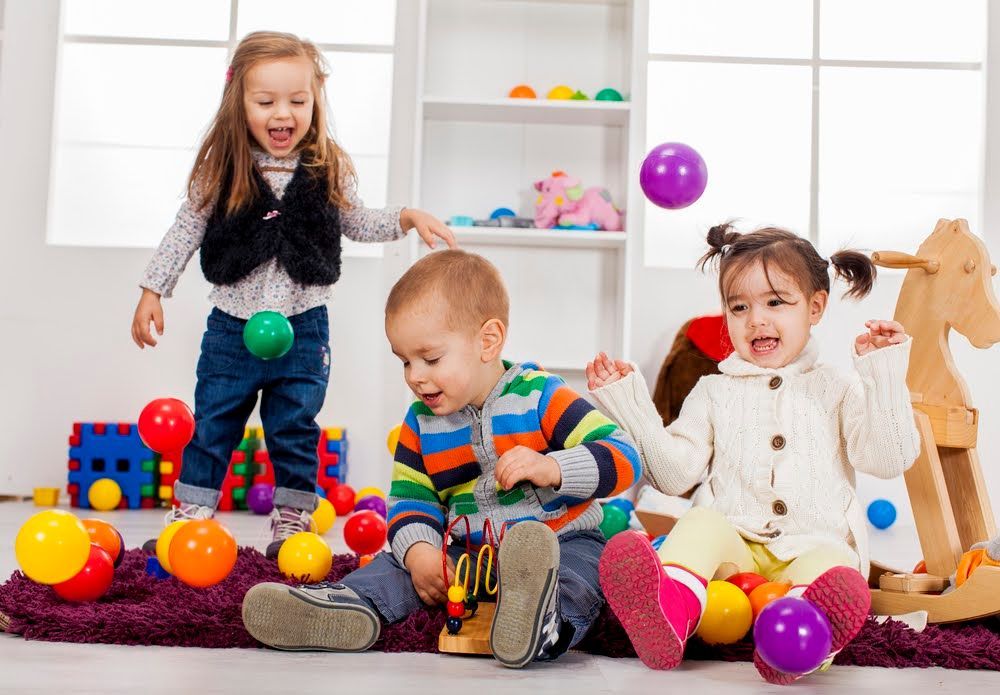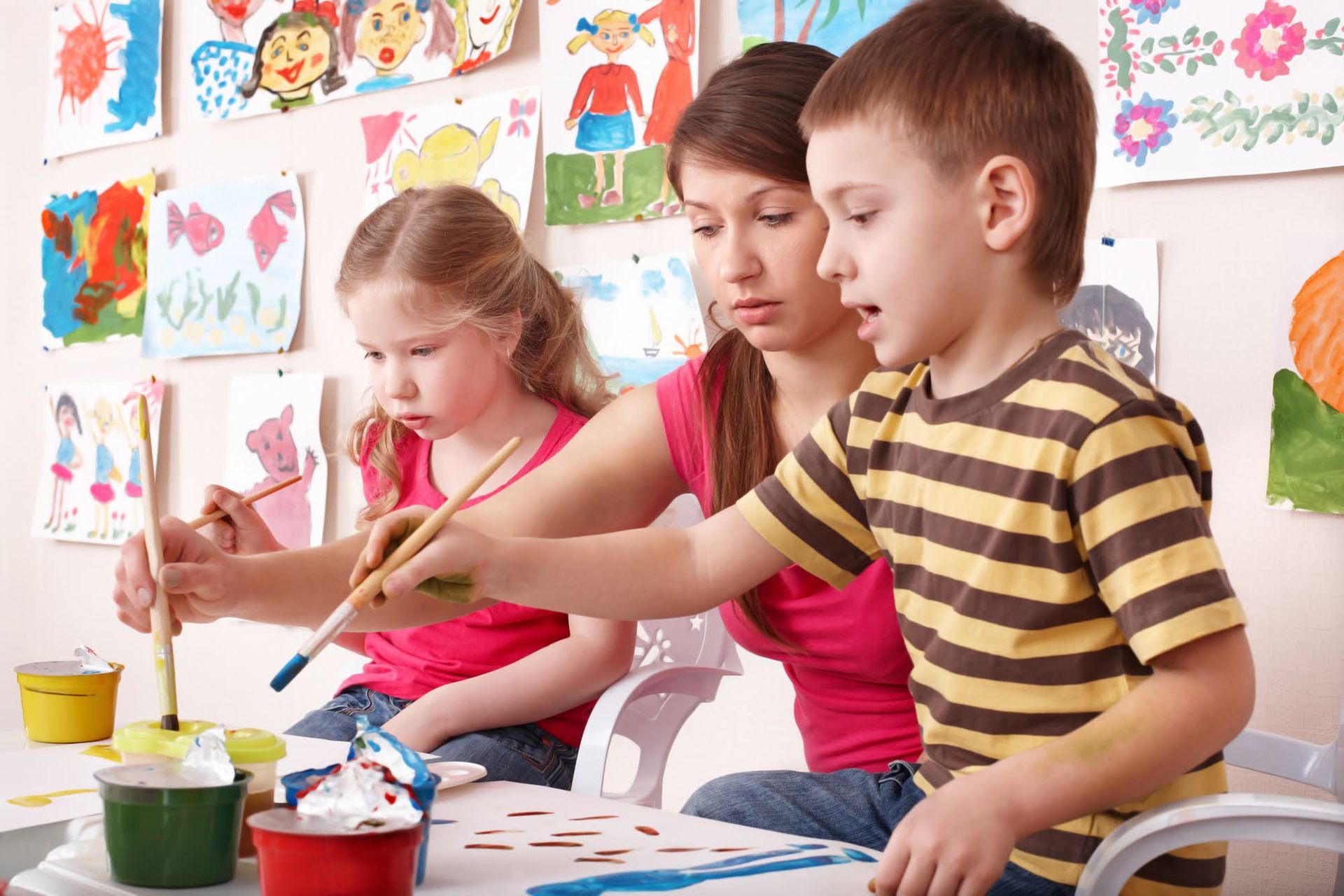Benefits of Play for Children
Play is an essential part of children's development, allowing them to learn about themselves and the world. Whether playing alone or with friends, engaging in messy or quiet activities, or using simple objects or toys, children learn and grow through play.
Stimulates Early Brain Development
When children engage in play, their brains become active and make connections between different areas. Play promotes the growth of neural pathways, enhancing cognitive skills such as problem-solving, creativity, and critical thinking.
Play also encourages physical development, improving coordination and motor skills. It provides opportunities for social interaction, fostering communication and emotional development.
Through play, children explore their environment, experiment, and learn from their experiences. It stimulates their curiosity, helping them develop a love for learning. Playful activities, such as puzzles, building blocks, and pretend play, challenge children to think, imagine, and solve problems, strengthening their cognitive abilities.
Builds Imagination and Creativity
When children play, they immerse themselves in a world of possibilities and actively explore their surroundings. Through play, they exercise their imaginations by creating narratives, scenarios, and characters. This process allows them to think outside the box, invent new ideas, and develop problem-solving skills.
By actively participating in play, children become architects of their own experiences, taking control of their imagination and expressing their unique creativity. Whether it's building with blocks, pretending to be superheroes, or engaging in dramatic play, these activities encourage children to think creatively, make connections, and adapt their ideas to different situations.
Play ignites their curiosity, enhances their communication skills, and nurtures their ability to generate innovative solutions, providing a solid foundation for future learning and development.
Develops Vocabulary and Language Skills
Through engaging in play, children immerse themselves in various experiences, conversations, and interactions. They actively explore their surroundings, interact with toys, and engage in imaginative scenarios. This dynamic engagement provides opportunities for children to observe, listen, and communicate with others.
Play facilitates the use of language in context, enabling children to practice expressing their thoughts, feelings, and ideas. By engaging in pretend play, they learn to use words to describe objects, actions, and roles, enhancing their linguistic abilities.
Furthermore, play often involves social interactions with peers, fostering communication and negotiation skills, as well as the development of turn-taking and listening abilities. In essence, play acts as a vibrant platform where children actively participate, interact, and acquire vocabulary and language skills.
Encourages the Development of Improved Eating and Sleeping Habits
Engaging in play allows children to expend their energy and encourages a healthy appetite, leading to a better eating routine. Through physical activities and games, children burn calories and build up an appetite for nutritious meals.
Furthermore, playtime aids in regulating your child’s internal body clock. By being active during the day, children are more likely to experience tiredness when night falls, promoting a night of restful sleep. Play also assists in reducing stress levels, which can contribute to better sleep quality.
Grow Social Competence and Empathy
Play grows social competence and empathy in children by providing them with opportunities to engage in interactive and cooperative experiences. Through play, children learn to communicate their thoughts and emotions effectively, actively listen to others, and understand different perspectives. They develop crucial social skills such as turn-taking, sharing, and resolving conflicts, which foster positive relationships and enhance their ability to collaborate with peers.
Play also encourages empathy as children pretend to be in different roles and scenarios, allowing them to experience and understand the feelings and perspectives of others. By engaging in imaginative play, children learn to recognize and respond to emotions, show kindness, and develop a sense of compassion towards others.
Northern Lights Preschool & Child Care has been an active part of Anchorage, AK, for over 25 years, providing professional child care and after-school programs in a nurturing environment. We cater to infants through elementary school-aged children, offering tours and assistance. Reach out to us today.











